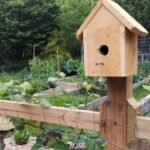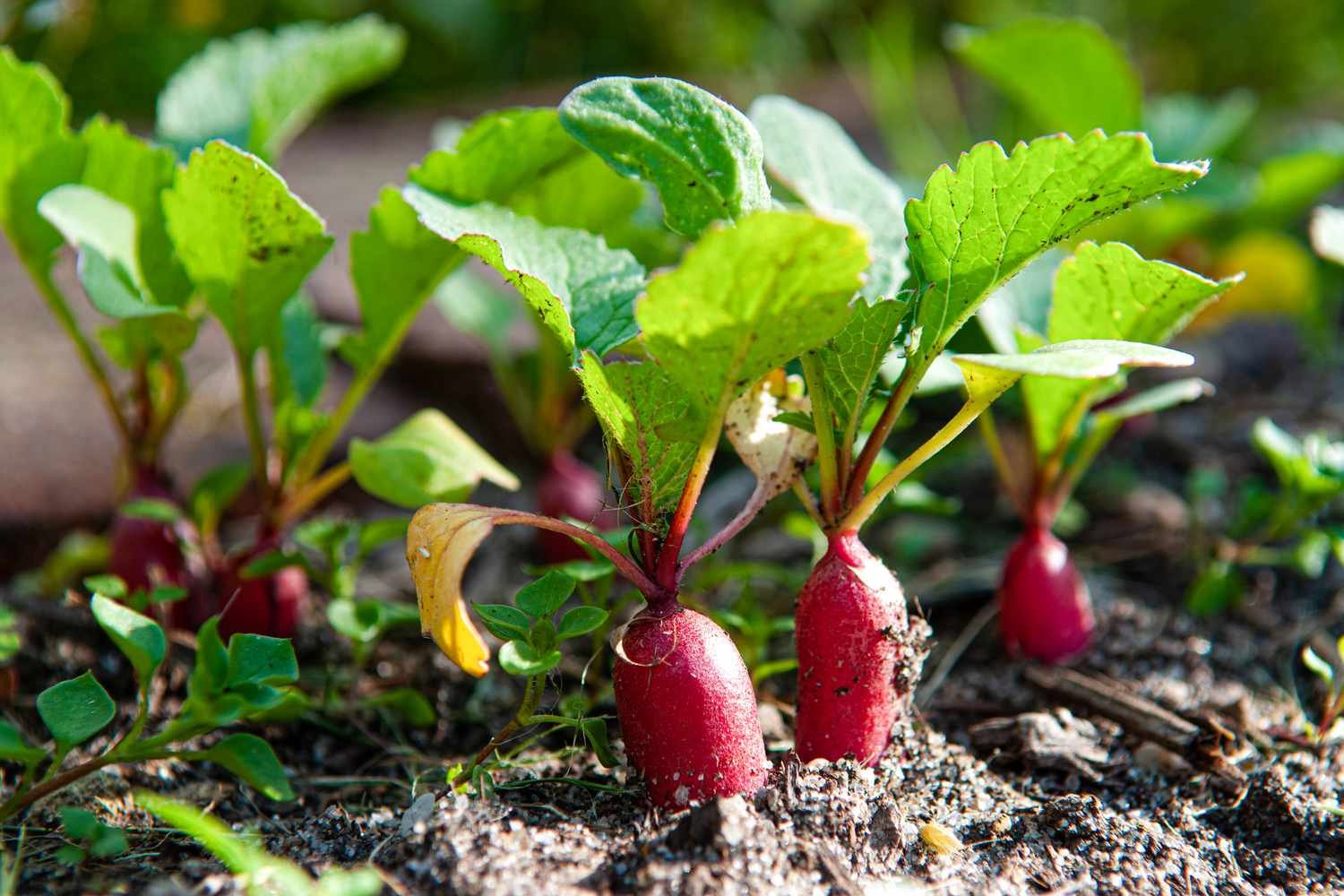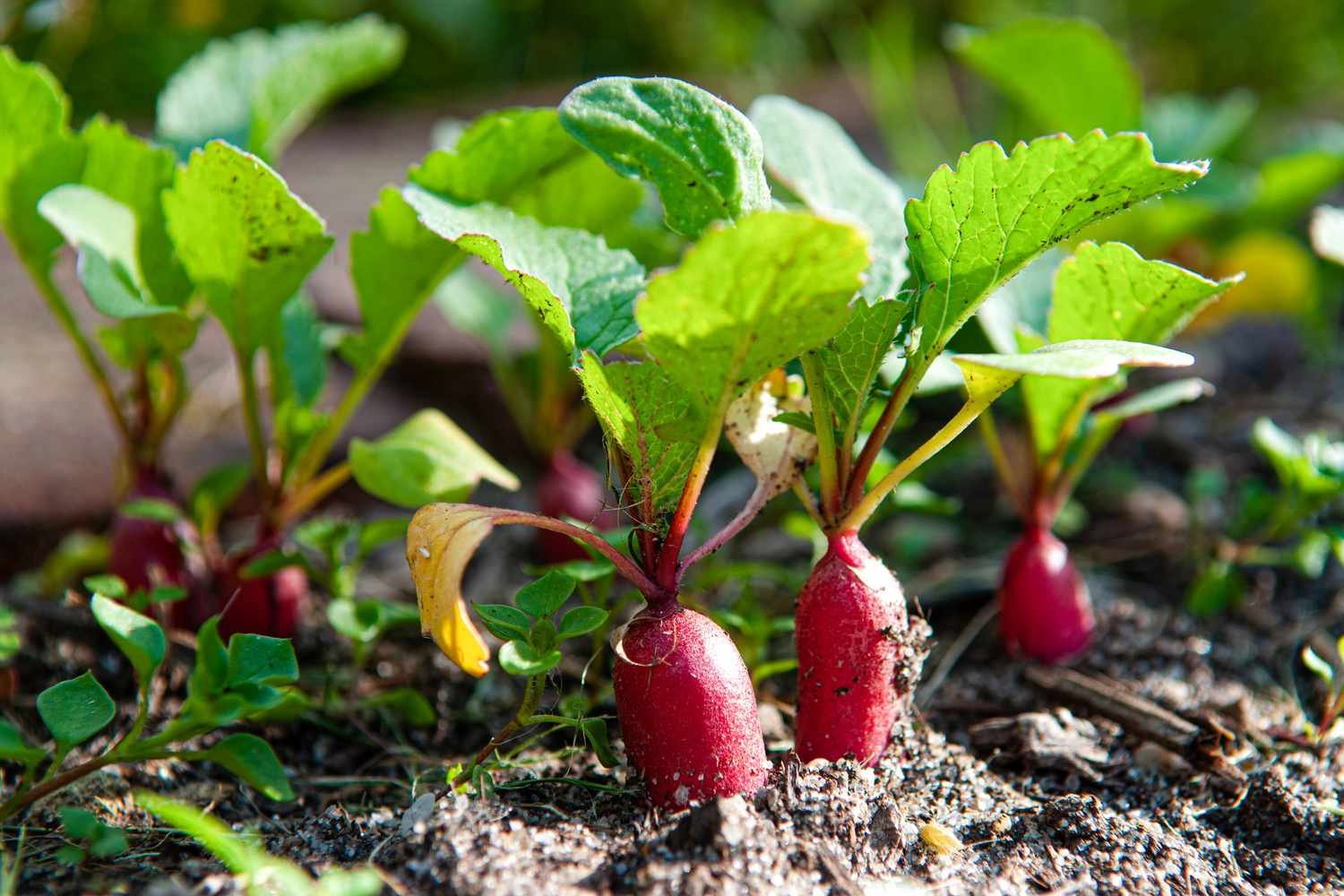Organic gardening isn’t just about growing fruits and vegetables—it’s about cultivating a thriving ecosystem that supports pollinators like bees, butterflies, and hummingbirds. By choosing organic growing methods, gardeners can create habitats that benefit these essential creatures while promoting biodiversity and environmental health. Here’s a detailed look at the benefits of organic growing for pollinator habitats and why it’s a rewarding practice for both gardeners and the planet.

Elimination of Harmful Chemicals
Organic gardening avoids synthetic pesticides, herbicides, and fertilizers that can harm pollinators. These chemicals can disrupt the behavior and reproductive cycles of bees and other pollinators, contributing to their decline. By opting for natural alternatives like compost, mulch, and organic pest control methods, organic gardeners create safe environments where pollinators can thrive without exposure to toxins.
Preservation of Native Plant Species
Organic gardening often involves planting native flowers, herbs, and shrubs that provide essential food and habitat for pollinators. Native plants have evolved alongside local pollinators and are well-suited to their needs for nectar, pollen, and shelter. By preserving and planting native species, organic gardens support pollinator populations and help maintain biodiversity in local ecosystems.
Enhancing Soil Health
Healthy soil is essential for plant growth and supports a diverse array of organisms that benefit pollinators indirectly. Organic gardening practices such as composting and mulching improve soil structure, fertility, and water retention. Healthy soil provides a stable foundation for plants to grow strong and produce abundant flowers that attract pollinators seeking nectar and pollen.
Promoting Natural Pest Control
Organic gardens encourage beneficial insects like ladybugs, lacewings, and parasitic wasps that prey on garden pests. These beneficial insects help maintain a balanced ecosystem by controlling pest populations naturally, reducing the need for chemical insecticides that can harm pollinators. By fostering natural pest control, organic growers create environments where pollinators can forage and thrive without the risk of pesticide exposure.
Supporting Long-term Pollinator Health
Organic growing practices contribute to the overall health and resilience of pollinator populations. By reducing stressors like habitat loss, pesticide exposure, and food scarcity, organic gardens provide valuable refuges and food sources for pollinators throughout the year. Healthy pollinator populations are crucial for agricultural productivity, as many crops depend on insect pollination for fruit and seed production.
Conclusion
Choosing organic growing methods not only benefits your garden but also plays a vital role in supporting pollinator habitats and biodiversity. By eliminating harmful chemicals, preserving native plants, enhancing soil health, promoting natural pest control, and supporting long-term pollinator health, organic gardeners contribute to sustainable and resilient ecosystems. Embrace organic gardening to create a welcoming environment for bees, butterflies, hummingbirds, and other pollinators while enjoying the beauty and productivity of a thriving garden. Together, we can foster healthier habitats for pollinators and cultivate a greener, more sustainable future. Happy gardening!











